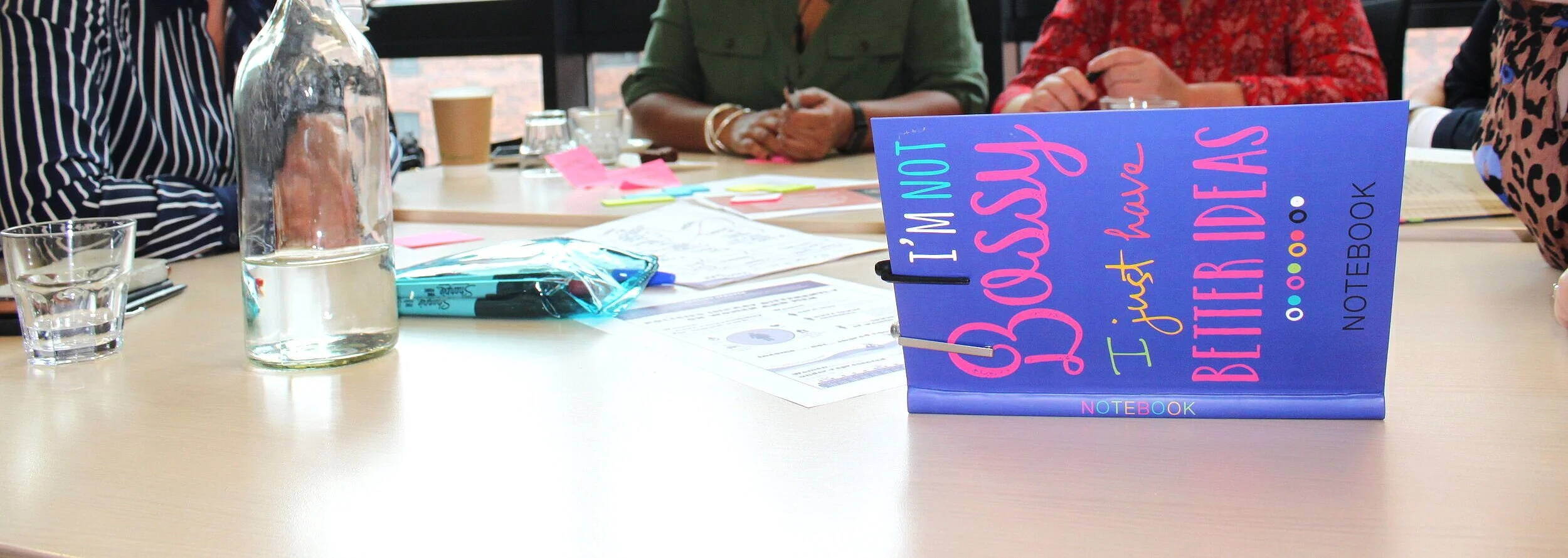Transport
Transport plays a part in a circular economy and its importance is recognised for women, but public transport can be dangerous and hostile to women’s lifestyles and safety needs. Expensive solutions including Arriva Click appear to be minimally used. Transport for London (TFL) was cited as an example of a transport network that recently started to put women’s needs at its heart. But equally electric vehicles, car free neighbourhoods, community cars, cycling paths, decent tarmac rather than fancy paving, and clean and safe trains and buses were all seen as ways forward with a more mixed approach to transport advocated.
Housing
The average wage of women in every region within the Uk means they cannot access the housing market (WBG). Some women are trapped in domestic and financial abuse or dependency as they cannot afford to leave even if they are relatively affluent. Women who become homeless are often at risk of abuse, physical and sexual violence. We welcome the Housing First approach being adopted by LCR CA and applaud the work of the many women on the front line, such as Michelle Langan and The Paper Cup Project, who continuously highlight and alleviate the impacts of the homeless problem that has escalated in the last 10 years.
